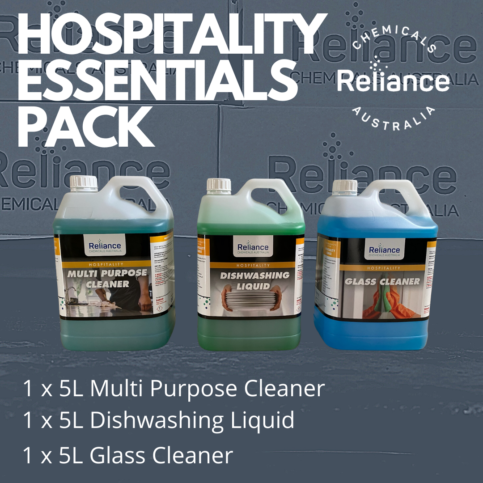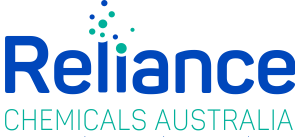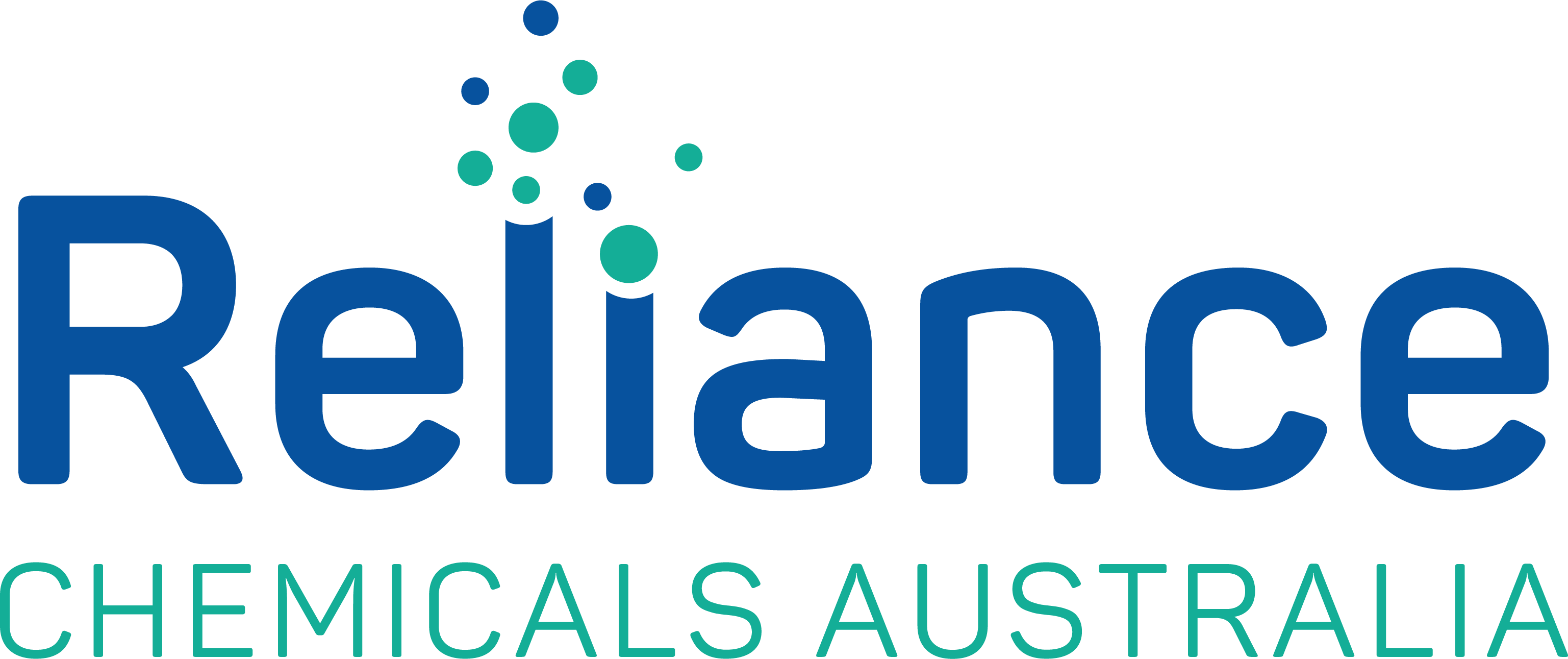
- by
- Hospitality
Hospitality Essentials Chemicals: How To Use Them Properly and Safe Handling Tips
Cleanliness is one of the most critical aspects of the hospitality industry. Hospitality essentials chemicals play a vital role in maintaining a safe and sound environment for the guests. These chemical products cover a significant part of the hospitality essentials.
Guestrooms can contain many sorts of germs and bacteria. Thus, they must be routinely cleaned to keep the environment clean and smell-free. In this post, we will describe the safe use of different hospitality essentials chemicals.
The Germicide Chemicals or disinfectants
The primary substance for the killing of germs is disinfectants. Only inanimate objects, like furniture for households, may be cleaned by using disinfectants. You can use antiseptic fluid for the same purpose on skin or tissue.
Please read the descriptions within disinfection or antiseptic goods to make sure they are helpful. For example, E-coli and influenza spread swiftly and can grow to 8 million in just a day! Household cleaners and antiseptic disinfectants can destroy nearly 100% of bacteria and leave just a tiny quantity of bacteria that generally threaten health.
The tips of using disinfectants properly for cleaning floors:
- Firstly, you need to clean the dirt from the floor with a sweep.
- After that, mop the floor with disinfectant, kitchen, and bathroom in particular. If the water in the mop is hazy, change the water within the mop.
You have to do it so that other locations on the floor do not contaminate the germs used in mop water.
The ideal option is to remove the mop water from the toilet’s mop or place it on a vacant lot. In addition, separate mops for the outside and inside of the house so that germs don’t go into the sink.
Safety Guidance on Use of Glass Cleaning Fluids
You don’t want your glass windows and objects around you to remain filthy. For keeping all these clean and tidy, you have to select and use the glass cleaning fluids properly.
Here are the safety tips for using glass cleaning fluids:
- Check that you have code-consistent and relatively safe cleaning equipment and materials.
- Use a soft cloth to avoid scratches on the glass.
- Until the entire area has been cleansed, the instrument should be properly aimed. And if you are cleaning too much glass, or you can’t edit it manually or usually.
• Use sufficient instruments to clean up all glasses at the house with excellent and maximum benefits from expert services.
Floor cleaner
It is one of the most widely used hospitality essentials chemicals. Floor cleaner is a liquid to purify the floor properly. It contains non-ionic, active agent surface and natural odor, which is excellent in dirt purification and kills germs on the floor.
The floor cleaner decomposes quickly and thus doesn’t pollute the environment.
How can you use it properly:
- Pour and mix the floor cleaner in a 1:30 ratio with water in a bucket.
- After that, insert the mop head into the pad and squeeze it out
- Now, spread it over the floor uniformly.
Metal Polish
Metal polish is necessary to maintain the glaze of metal materials that have become dull or rusted due to dirt collection and oxidation. Also, metal polish cleans and polishes various metals, including chrome, brass, silver, bronze, aluminum, nickel, and others, preserving and preventing corrosion and rust.
Cleaning metallic items regularly is necessary to prevent them from becoming dull and rusting. Stay massaged into the medium until you use a clean cloth to clean it. Take notice of the usage guidelines for safe use.
Detergent
Soft fabrics, such as wool, silk, satin, and fluff can easily be harmed when laundered in a washing machine. You have to maintain safety guidelines while washing clothes with detergent by your hands:
Tips on washing clothes properly with detergent
Before you begin:
- Check the care label on the garments you intend to wash by hand.
- Fill the bucket, sink, or tub with water, making sure to follow the label’s temperature recommendations.
- If you’re washing multiple clothes, use the lowest temperature feasible or add hot water.
Then, to avoid fading, wash items according to color group (e.g., white dresses, black clothes). Pour as much of the chosen detergent for handwashing as per recommendation. Make sure the soap powder dissolves evenly in the water if you’re using it.
One by one, submerge the clothing in the water. It would be best if you soaked stain-resistant cloth for up to half an hour. Wash your clothing by rubbing them together carefully before putting them in the water. Concentrate on stains or defined areas, and don’t rub them too hard.
Remove the soap from the bucket, sink, or tub and replace it with clean water.
To remove soap from the garments, soak them in water and thoroughly rinse them. Then you need to wash the clothes with water thoroughly.
Thus, you have completed cleaning the clothes.
The Things to remember while handling these hospitality essentials chemicals:
You should notice the labeling
Reviewing the information provided by suppliers in the form of labels and safety data sheets is one of the most critical steps in identifying hazardous chemical compounds and mixes.
Each chemical should be clearly labeled so that employees know how to handle and combine it correctly. You can drastically reduce mixing and handling errors by reading the label of a chemical.
The manufacturers ought to label spray bottles with the chemical contained in the bottle and the hazards associated with that chemical.
Chemical storage
The way you store chemicals and keep them can have a significant impact on your health and safety. Storage spaces should be spacious, well-lit, and well-ventilated. Chemicals should not be stored near food and should be kept away from food preparation and cooking equipment.
Staff should ensure that chemicals are not overloaded or placed above eye level in the storeroom to be conveniently accessed for usage without risk of leakage.
Cans and leaking containers must be removed and replaced, and spills must be wiped up and cleared away.
Safe storage requires a well-organized storeroom. Don’t forget to label the storage space with apparent indicators.
Conclusion
Hospitality essentials chemicals and their handling are two of the most vital aspects of the hospitality industry. In this article, we have tried to explain how to maintain and use these products. Moreover, we have added the things you should remember for handling these chemical products.
We back you for remaining careful about buying and handling these hospitality essentials.

